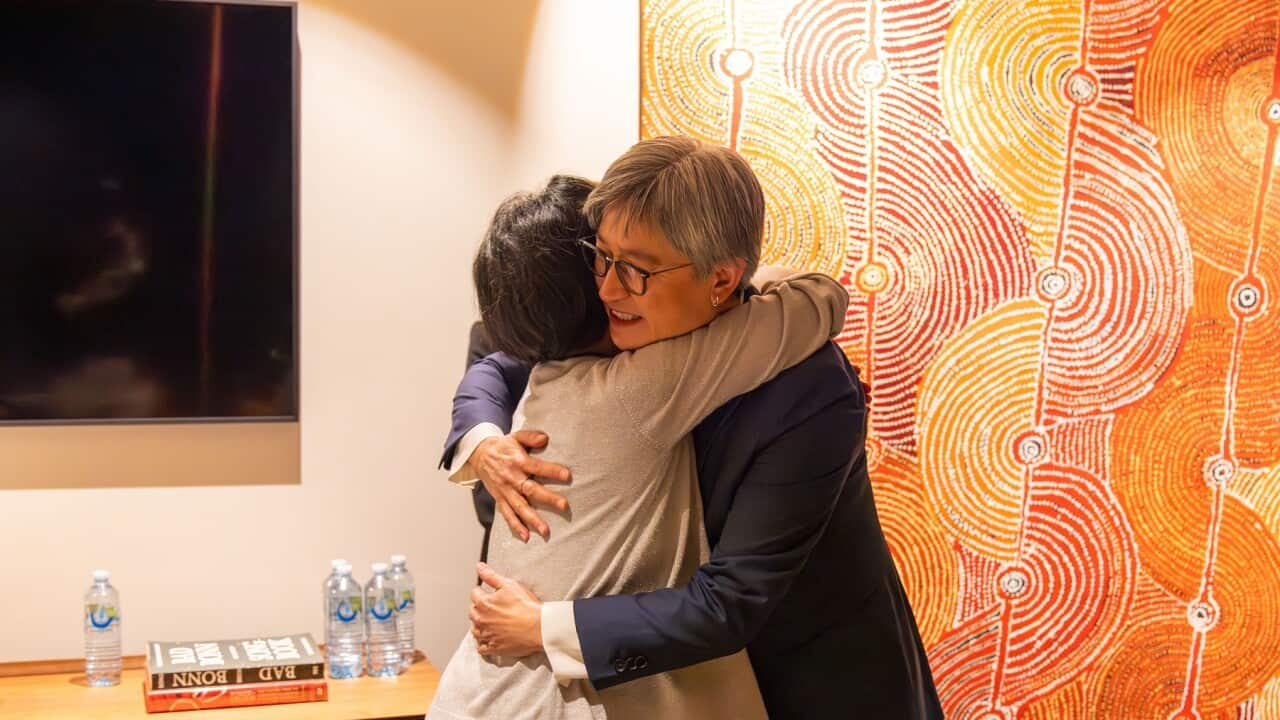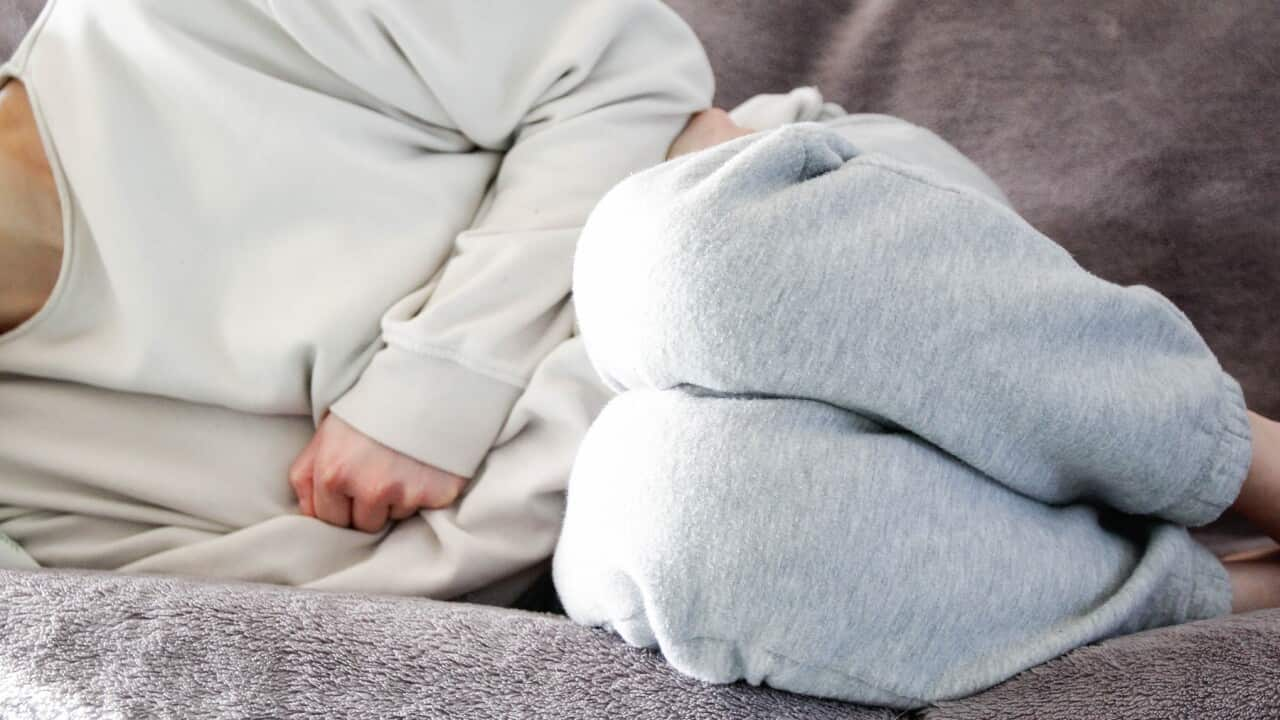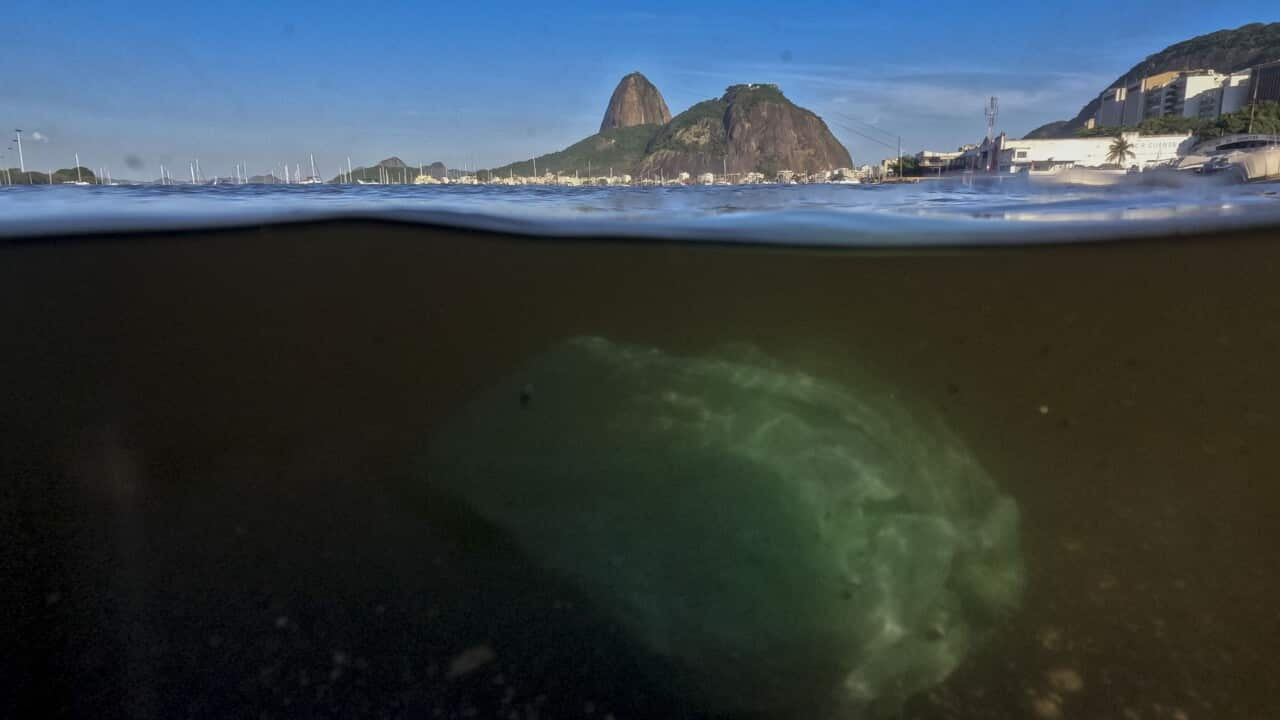TRANSCRIPT
Cheng Lei was one of the best-known Australian journalists in the world, broadcasting to millions as a host on the state-run China Global Television Network.
One day in August 2020, that fame turned into a particularly cruel infamy.
She was arrested, accused by authorities of national-security related offences.
That began three years in custody in what she said were particularly confined conditions, at the mercy of a particularly opaque Chinese legal process.
The details of the accusations against her were never clear, despite the lobbying of successive Australian governments, and others.
She was not granted regular contact with her partner, or her two children.
Now, that legal nightmare has ended, almost as suddenly as it began.
Without public warning, Cheng Lei has been released - and has now flown home to her family in Melbourne.
Prime Minister Anthony Albanese confirmed the news.
Earlier today I was able to have a conversation with an Australian citizen, Cheng Lei, who has arrived safely here in Melbourne, and has been re-united with her two children and her family. She was met at the airport by the Foreign Minister, Penny Wong. Her return brings an end to a very difficult few years for Ms Cheng, and her family. This is an outcome that the Australian government has been seeking for a long period of time and her return will be warmly welcomed - not just by her family and friends, but by all Australians."
Mr Albanese says the Australian government will continue to provide consular support to Ms Cheng and her family.
The Prime Minister is gently taking credit for Ms Cheng's release, positioning the news within the overall framework of his government's approach to relations with Australia's largest trading partner.
"Well, we made the same representations in private that were made in public by myself with President Xi, with Premier Li. We had two good, constructive meetings. That doesn't mean that everything was agreed. What I've said about the relationship with China, very clearly, is that we will co-operate where we can, we'll disagree where we must, and we'll engage in our national interest."
Yet even with Ms Cheng having landed in Melbourne, the government still has to tread carefully with China.
Mr Albanese refuted a question suggesting China has declared Ms Cheng not guilty of what she was accused.
“No, China would not say that that is the position. China would say that the judicial processes have been completed in China."
Indeed, Chinese Foreign Affairs Ministry spokesman Wang Wenbin says Ms Cheng was actually serving a sentence imposed by a Chinese court, and has been allowed to leave because the sentence has finished.
He also refutes allegations Ms Cheng was not granted her consular rights.
"As regards your question, the competent department has released a piece of news. The division two court of Beijing held court, and Cheng Lei was sentenced to two years and eleven months. After she served the sentence, she was released. I'd like to stress that the judicial department handled this sentence in accordance with law, and protected every right of Cheng Lei in accordance with law, including her consular rights."
There's bipartisan support for Cheng Lei's release in Australia.
Opposition Leader Peter Dutton and Foreign Affairs spokesman Simon Birmingham are crediting former Foreign Affairs Minister Marise Payne for her efforts to secure Ms Cheng's release when she was in office.
They're also urging people not to forget about Dr Yang Hengjun, an Australian academic and blogger who continues to be detained in China.













